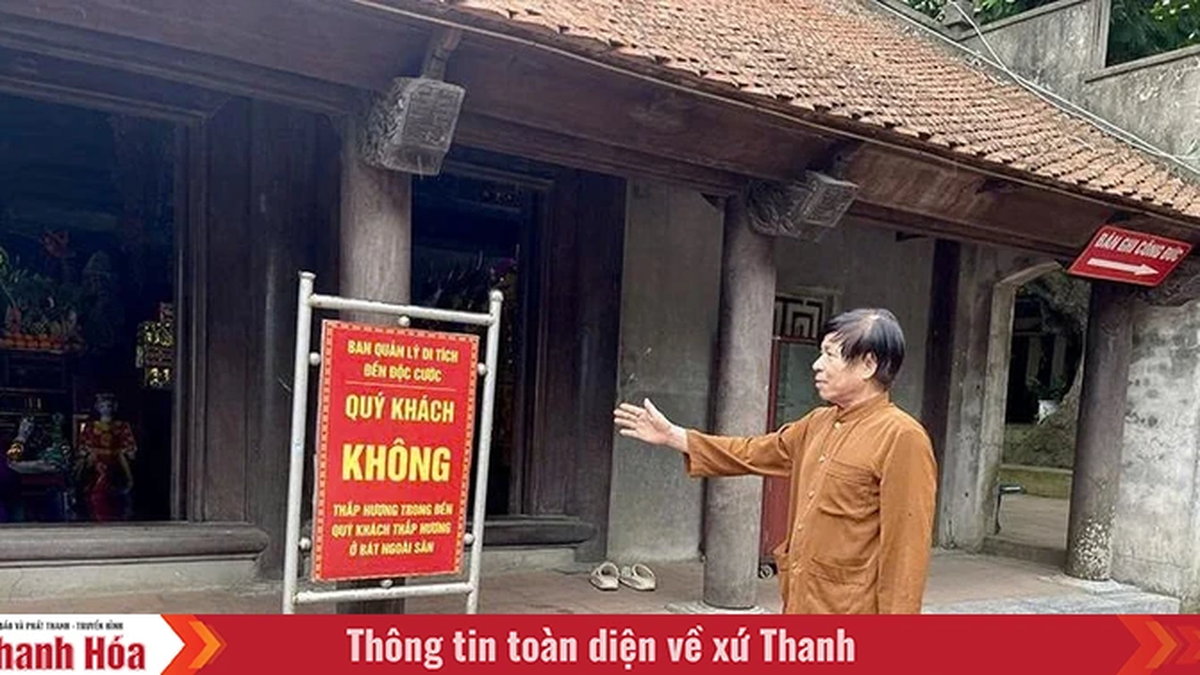Japan is stepping up efforts to tackle the growing problem of vacant and abandoned homes in the country by significantly revising measures in fiscal 2023, Nikkei Asia reported.
Specifically, a one-third subsidy on renovation costs will be applied if houses are reused instead of demolished. Meanwhile, the cost of demolishing abandoned houses will be subsidized by 40%. On the other hand, the Tokyo government will also cover up to 50% of research costs for local governments and property owners looking to use vacant houses.
Nikkei Asia cited statistics from Japan's Ministry of Internal Affairs and Communications, estimating that there are 8.49 million vacant homes in the country, of which 3.49 million are considered abandoned. Without effective management, the number of abandoned homes in Japan is expected to increase by about 30% to 4.7 million by the end of the decade. Abandoned homes have a negative impact on sanitation, security, safety, and the surrounding landscape.
 |
| Millions of abandoned homes are scattered across Japan. Photo: Atlas Obscura |
Japan's problem of abandoned homes has become more urgent as the birthrate falls, leading to an aging and shrinking population. The Japanese government has already introduced tax reform from fiscal 2023, extending a special tax break to prevent homes from becoming vacant after the owner dies. Under the policy, each person who inherits a home from their deceased parents can deduct up to 30 million yen (about 214,000 USD) in taxes.
The measure was initially scheduled to last until the end of this year, but was extended for another four years, which has helped promote the use of vacant homes in the locality. Recently, vacant homes have become a reasonable choice, especially for foreigners living in Japan, to reuse and renovate old houses according to their preferences and budget.
PHAM HUY
Source



















































![[Maritime News] More than 80% of global container shipping capacity is in the hands of MSC and major shipping alliances](https://vphoto.vietnam.vn/thumb/402x226/vietnam/resource/IMAGE/2025/7/16/6b4d586c984b4cbf8c5680352b9eaeb0)













































Comment (0)